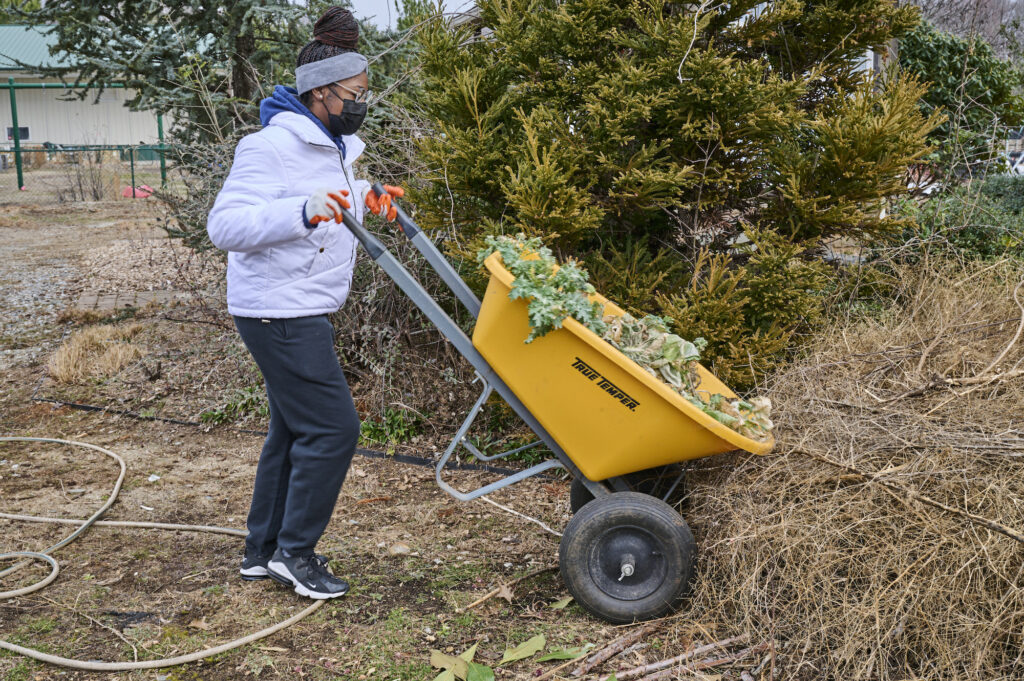Organize Your Own Service Project

Steps for Organizing a Successful Project
1. Determine what is needed in your community and what you want to focus on
Research local non-profit organizations, talk to friends, neighbors, community members, or political leaders. You may also want to think about the service interests of you or your group. It may be a more meaningful experience for you, and impactful for the community, if the project connects to your personal and career interests or the group’s mission.
2. Figure out what you can do
Are you looking for an on-going short-term or long-term project, or a one-time event? Be honest and realistic about what you and/or your group can contribute in terms of time, skills, or money. Some organizations may require you to go through an orientation or training before you can work with the people they serve or ask for a certain time commitment. Other organizations may not have the staff to handle one-time large groups, so you may need to think of creative solutions.
3. Choose a project
Once you have an area of service use our Givepulse database, City of Greensboro Volunteer Opportunities, or the internet to help you figure out what organizations you might partner with. Many organizations have volunteer pages on their websites that will let you know if a training or orientation is required, if they accept large volunteer groups, and other important details. Sometimes you can sign-up online, other times you will have to email or call a program coordinator or volunteer manager.
4. Do the project
Have fun during your service project! Remember that you represent UNCG when you are serving in the community. Be on time, work hard, listen to instructions, display respect, and express interest in the organization your partnering with.
5. Reflect
Reflection helps you make meaning of your experience to learn more about yourself, the issues you encountered in your service, and the impact of your actions. Try using the “What? So what? Now what?” model to pose several reflection questions.
Other Tips
- Communicate ahead of time to your volunteers so they know what to wear and bring
- It can help to start with looking at opportunities for service in the community before choosing dates and times that your group is available
- Be sure to check if your community partner can accommodate special needs in advance if any of your volunteers have language barriers, mobility restrictions, allergies (dust, animals), etc.
- After your service project, be sure to thank the staff you worked with if you partnered with a community organization
Resources
GivePulse Database- Connect with community-based organizations looking for volunteers. Even if they don’t post specifically about what you’re looking for, you can contact the organization via email or phone to ask if they have what you’re looking for.
Service Consultations – Meet with OLCE staff to discuss your service interests, get recommendations for organizations to work with, and learn about upcoming service opportunities through OLCE. Call (336-256-0538) or email ([email protected]) for an appointment.
Transportation – Programs doing service projects together with student or professional staff may be able to reserve our 12 and 15 passenger vans. Visit our van reservations page to learn more.
Contact Us
Phone: 336.256.0538
Email: [email protected]
UNC Greensboro Suite 217, Elliott University Center Greensboro, NC 27402-6170